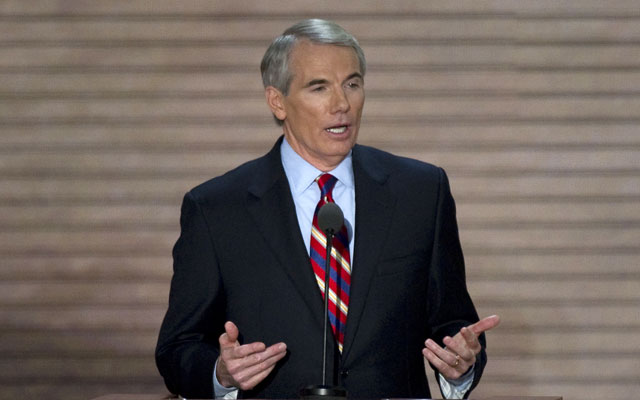Many of the provisions in the Energy Savings and Industrial Competitiveness Act, an energy-efficiency bill introduced by Senators Jeanne Shaheen (D–NH) and Rob Portman (R–OH), create or promote taxpayer-funded corporate welfare programs that duplicate state efficiency initiatives. Government-mandated and subsidized efficiency programs reduce choice and empower Washington to make basic decisions American households and employers can make. Other sections, if implemented properly, have merit.
The Bad: Handouts, Handouts, and More Handouts
- Worker training programs. Shaheen–Portman provides taxpayer money for worker training programs in energy–efficient building design and operation. If efficiency improvements reduced energy costs significantly, and if demand for more energy–efficient buildings and manufacturing processes existed, these programs would not be necessary. The private sector expands and trains workers appropriately to meet demand or capture more opportunities, and it will make those investments with its own resources. Businesses expand and contract as necessary to meet demand.
- Advanced Manufacturing Office and rebate programs. The bill would provide funding for public-private partnerships to research how to commercialize energy–efficient technologies and processes. These partnerships take place at the Department of Energy’s (DOE) Office of Advanced Manufacturing Office, which is nothing more than an Office of Corporate Welfare. Tens of millions of dollars have gone to automotive and chemical companies that have huge market capitalizations and, in some cases, spend more than a billion dollars on research and development. The bill also offers rebates for manufacturers that use more efficient electric motors and transformers. Whether these investments save money or improve efficiency is irrelevant. The question is why taxpayer money should be used to support them. Companies will make these investments if they believe the technology is promising, worth the risk, and the best use of their investment dollars.
- State and tribal building codes. The bill authorizes $200 million of taxpayer money to “incentivize and assist” states and tribal groups to meet allegedly “voluntary” codes and for the DOE to provide technical assistance. Using taxpayer money takes the voluntary aspect of this program away. Further, that money should not be used to foot the bill for this program.
The Good: Truly Voluntary Supply Chain Programs and Improving Government Efficiency
- A voluntary SupplySTAR program. The bill would create a SupplySTAR program that, similar to the EnergySTAR program, would recognize technologies that improve supply and distribution chain efficiencies. A SupplySTAR program under the DOE that disseminates information on a voluntary basis has merit, but if SupplySTAR works as it should, the DOE should not have to provide competitive grants and other taxpayer–funded incentives, because company investments will pay for themselves in terms of cost savings and improved efficiency. Further, companies should have the ability to leverage the expertise at the DOE and National Institute for Standards and Technology to invest in new industrial processes that save energy and money, but the cost of those activities should be paid completely by the private sector.
- Improving efficiency in government. Since the federal government is not driven by the same market incentives as American families and businesses when it comes to energy use, improving energy efficiency in the federal government can save taxpayer dollars when done appropriately. The bill requires the federal government to improve energy savings for information and communication services such as computers and software. Government energy-savings contracts should focus on improved transparency, oversight, and energy-savings verifications.
Efficiency legislation typically has bipartisan support and is low-hanging political fruit, which is ideal at a time when Congress is desperate to show the American public it can work together. This fruit can be ripe for picking if Congress focuses less on reducing choice with subsidies and mandates that make Americans worse off and instead concentrates on truly voluntary efficiency programs and savings with federal government energy use.































